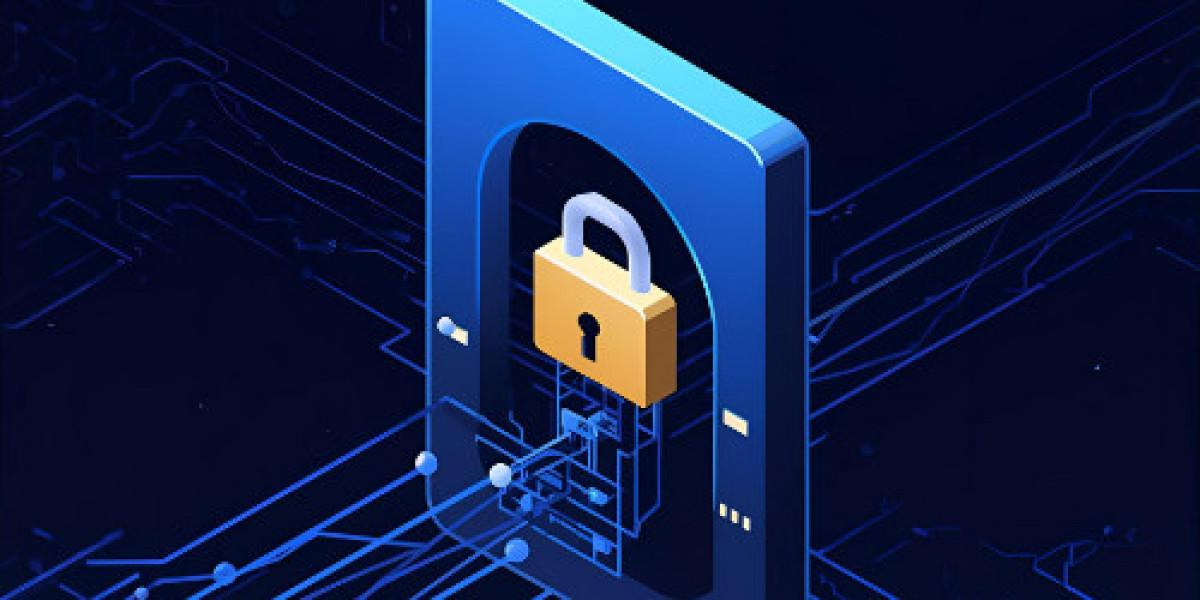In today’s digital world, a remote worker in Delhi connects to their company’s Mumbai server from a local café without worrying about hackers intercepting sensitive data. This seamless and secure connection is made possible by a VPN gateway, a critical piece of network infrastructure that many businesses and tech-savvy individuals rely on daily. If you’ve searched for “VPN gateway,” you’re likely looking to understand what it is, how it functions, and most importantly—how it keeps your network safe from modern cyber threats. This guide breaks it all down in simple, actionable terms.
What Exactly Is a VPN Gateway?
A VPN gateway is a special type of network equipment, whether physical or software, used as the point of entry and exit of encrypted Virtual Private Network (VPN) connections. Imagine it is a secure tunnel bridge between two or more networks, and devices can communicate privately on the public internet. A VPN gateway is unlike an ordinary router that merely routing traffic, it encrypts, authenticates users and controls secure tunnels to prevent unwarranted traffic to pass through it.
VPN gateways are available today in three major types. Hardware-based gateways such as Cisco ASA or FortiGate appliances are powerful appliances that are meant to operate in an enterprise. Similar software based solutions like OpenVPN Access Server or pfSense can be installed on any standard server or even a virtual machine, which enables flexibility in smaller systems. Then there are cloud-native VPN gateways, such as AWS Site-to-Site VPN or Azure Virtual Network Gateway, which are directly connected to the cloud infrastructure in order to provide on-demand, scaleable connectivity. All types play the same fundamental role of establishing a safe highway of data in transit. Also read How Remote Teams Can Secure File Sharing Without Slowing Down Collaboration
How a VPN Gateway Works: Step-by-Step
A VPN gateway works out a step-by-step and secure procedure. All this starts with a connection initiated by a client, that is, a laptop, smartphone, or branch office router, to the gateway. The VPN gateway initially authenticates the identity of the client with a strong authentication mechanism, i.e. digital certificates, pre-shared keys or multi-factor authentication (MFA).
Upon authentication, VPN gateway negotiates the encryption parameters. In an instance of IPsec-implemented network, it employs Internet Key Exchange (IKE) to negotiate encryption algorithms and keys. In gateways with the help of the SSL/TLS, a handshake is conducted, that is equivalent to that of HTTPS, which secures the session. Negotiation has the effect of encrypting all data flowing through it, which is normally the AES-256 or ChaCha20 encryption, making it unreadable by anyone who intercepts it on public networks.
The VPN gateway then uses the encrypted packets and routes the packets via the tunnel to the destination network where the receiving gateway decrypts and sends the data to its final destination. All this is done in milliseconds hence there is minimal latency and ironclad security.
How a VPN Gateway Secures Your Network
It is the multi-layered nature of security that is the real strength of a VPN gateway. The first is a basic encryption that encodes data in such a way that even when it gets intercepted like in an unsecured Wi-Fi in a metro station in Delhi, the data is still in gibberish to hackers. Contemporary VPN gateways are based on standards of military grade such as AES-256 which are way better than the archaic protocols such as DES.
In addition to encryption, a VPN gateway has a high level of control over access. It can be used with identity systems such as RADIUS, LDAP, or active directory to only allow verified users and devices to access it. This helps in avoiding unauthorized access even in the event whereby the login credentials are stolen elsewhere.
Network segmentation is another major security aspect. An appropriately configured VPN gateway can separate IoT devices, guest, or distant networks, and critical systems, and in the event that one of these segments is compromised, it will contain breaches. It also obscures internal IP addresses by using NAT traversal and it is almost impossible to have your network mapped or even targeted by an attacker.
Last but not least, VPN gateways also alleviate distributed denial-of-service (DDoS) attacks by taking up bad traffic at the endpoint of the tunnel, protecting internal servers. Most enterprise level VPN gateways have an inbuilt firewall and intrusion prevention system (IPS) as an added protection.
Real-World Benefits of Using a VPN Gateway
For businesses, a VPN gateway enables secure site-to-site connectivity between offices in Delhi and Bangalore, ensuring compliance with regulations like GDPR or India’s DPDP Act through encrypted audit logs. Remote employees access internal tools as if they were in the office, without exposing systems to the public internet.
Home users also benefit significantly. A VPN gateway at home can protect smart TVs, cameras, and other IoT devices from botnet recruitment. It prevents ISP throttling during high-bandwidth activities like 4K streaming and ensures privacy when using public hotspots.
Thanks to modern protocols like WireGuard, today’s VPN gateways deliver near-native internet speeds, debunking the myth that security always means slowdowns.
Common Misconceptions About VPN Gateways
Many confuse consumer VPN apps (like NordVPN or ExpressVPN) with a true VPN gateway. While apps encrypt your browsing on a single device, a secures entire networks and supports hundreds of simultaneous connections—making it essential for organizations.
Another myth is that always reduce speed. In reality, hardware-accelerated models using technologies like Intel QuickAssist maintain gigabit throughput with encryption enabled.
Quick Start: Choosing Your First VPN Gateway
You are prepared to implement a VPN gateway? Begin by evaluating your requirements: number of users, required throughput, do you want to deploy on-premises or as a cloud. pfSense on a small mini-PC (less than 25,000 rupees) is a powerful and free VPN gateway configuration which may suit small businesses or an advanced home user. Companies can use Sophos XG or Palo Alto Networks as the sophisticated threat intelligence.for more information Visit WebaviorVPN.
Conclusion: Secure Your Network with a VPN Gateway Today
A VPN gateway is more than just a security tool—it’s the foundation of trusted, private connectivity in an increasingly connected world. By encrypting data, authenticating users, and isolating network segments, it protects your organization or home from evolving cyber threats. Whether you’re connecting remote teams in India or safeguarding your smart home, implementing a VPN gateway is one of the smartest infrastructure decisions you can make.
Take the next step: audit your current remote access methods. If you’re still using RDP or unsecured file shares, it’s time to deploy a proper VPN gateway. Check out our follow-up guide on setting up pfSense as your first VPN gateway—free, open-source, and battle-tested.








